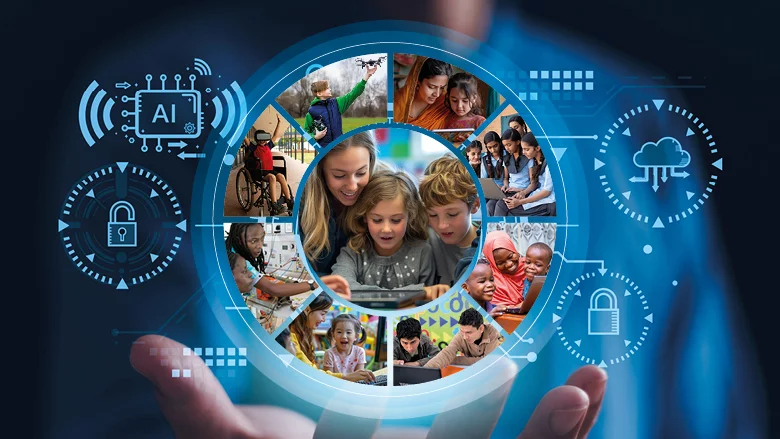Education in 2025: Personalized, Tech-Driven, and Borderless
Introduction
Education in 2025 is no longer confined to the classroom or limited by geography. It’s smarter, more inclusive, and built around the individual learner. Thanks to rapid advancements in technology and a global shift in mindset, the world is witnessing an educational transformation unlike any before.
From AI tutors and virtual classrooms to skills-first learning, here’s how education is being redefined—and what it means for students, teachers, and lifelong learners alike.
1. Personalized Learning Takes Center Stage
In 2025, a one-size-fits-all approach to education is outdated. Adaptive learning systems powered by artificial intelligence now customize lessons based on each student’s pace, style, and strengths.
Features of personalized education:
- AI-driven assessments and tailored study plans
- Real-time feedback for students and teachers
- Gamified learning to keep students engaged
Result: Students learn more efficiently, with greater confidence and curiosity.
2. Hybrid and Remote Learning Are the New Norm
The pandemic permanently changed how we view physical classrooms. Today, hybrid learning blending in-person and digital instruction is the preferred model in schools and universities worldwide.
Modern classroom upgrades:
- Interactive whiteboards and AR tools
- Cloud-based learning platforms for 24/7 access
- Virtual field trips and global collaboration projects
Benefit: Flexibility and accessibility for students from all backgrounds.
3. Skills Over Degrees: The Rise of Microlearning
Employers are increasingly valuing what you know over where you learned it. In 2025, microlearning and skill-based education are replacing traditional degrees in many industries.
New learning models:
- Short, focused online courses and certifications
- Bootcamps for coding, marketing, AI, and more
- Project-based learning portfolios replacing GPAs
Big shift: Education is now a lifelong journey, not a one-time achievement.
4. EdTech Boom: Innovation at Every Level
Education technology (EdTech) is exploding in 2025, bridging gaps in access, quality, and engagement. From rural classrooms to elite institutions, tech is leveling the playing field.
EdTech tools reshaping learning:
- AI tutors that assist with homework in real time
- Language learning apps with speech recognition
- Blockchain-verified digital diplomas and credentials
Opportunity: Even students in remote or underserved regions can access high-quality education.
5. Wellness and Mental Health in Education
Schools are now focusing not just on academic growth, but also emotional well-being. Educators are trained in mental health awareness, and digital tools are helping students manage stress and anxiety.
Support systems in 2025:
- In-app counseling and wellness check-ins
- Mindfulness and SEL (Social Emotional Learning) curricula
- AI-based tools detecting early signs of mental health struggles
Why it matters: A healthy mind is essential for meaningful learning.
6. Global Classrooms: Learning Without Borders
Technology has made it possible for students from different countries to learn together, collaborate on projects, and experience cultural exchange without ever leaving home.
Global education trends:
- Cross-border virtual classrooms
- Language immersion through AR and VR
- International certifications available online
Impact: Today’s learners are tomorrow’s global citizens, better prepared for a connected world.
Conclusion
Education in 2025 is about empowering every learner, not just educating them. It’s about flexibility, relevance, and equity. Whether you’re a student, a parent, a teacher, or a policymaker, the future of education is in your hands and it’s more dynamic, inclusive, and human-centered than ever before.
We’re no longer preparing students just for exams, we’re preparing them for life in a world that’s constantly evolving.
